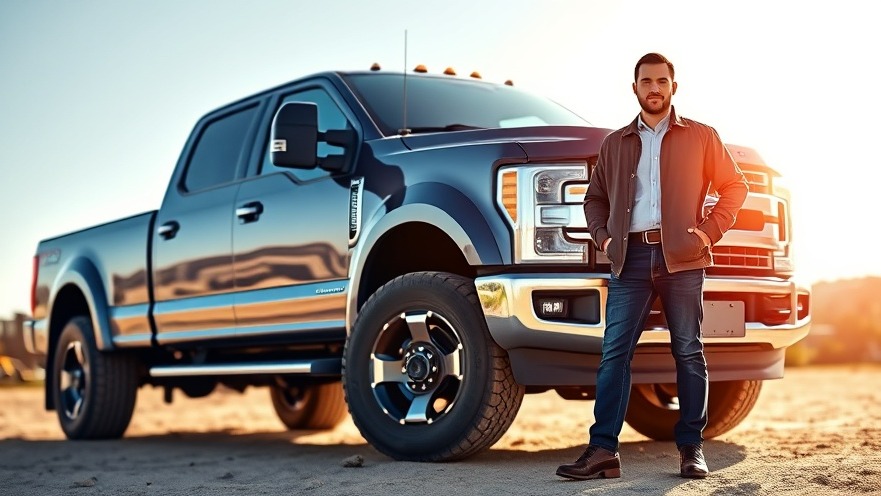
Understanding the Different Pickup Truck Types
As a small business owner or manager, understanding the wide variety of pickup trucks available on the market is crucial for making an informed purchasing decision. Trucks come in various types, each suited to specific needs, like daily commuting, hauling, or off-road driving. Among the most common types are:
Light-Duty Trucks: Typically used for everyday tasks and light hauling, these trucks offer a balance between power and fuel efficiency. Best for urban environments, they’re versatile for deliveries and personal use.
Heavy-Duty Trucks: Designed for hauling and towing heavier loads, these trucks have robust engines and reinforced structures. Ideal for construction or logistics businesses, they minimize downtime through increased payload capabilities.
Medium-Duty Trucks: A blend of the two, medium-duty trucks are great for businesses needing something between light and heavy-duty capabilities. They enable flexibility, supporting both light hauling and significant payloads.
Cab Configurations and Their Importance
The cab configuration of a truck greatly influences its usability, especially for business owners who rely on team transportation. Knowing the differences can help you choose the best fit for your needs:
Regular Cab: Typically fits two to three passengers and offers straightforward, spacious cargo areas. Great for businesses that prioritize hauling rather than passenger space.
Extended Cab: Offers more passenger space while maintaining a sizeable cargo area, ideal for those who may need to transport employees or clients occasionally.
Crew Cab: Accommodates a larger number of passengers comfortably, making it perfect for businesses needing to shuttle teams while still providing significant cargo capacity.
What Should You Expect to Pay?
The cost of trucks can vary significantly based on type, brand, and capabilities. Business owners should factor in not only the purchase price but also insurance and maintenance costs. Generally, light-duty trucks may range from $25,000 to $35,000, while heavy-duty models start closer to $35,000 and can exceed $60,000 depending on features and specifications. Financial growth hinges upon understanding these expenses to align with your budget and operational needs.
The Future of Trucks: Electrification Trends
As we look to the future, the trend of electrification in the pickup truck market is taking shape. With the introduction of electric models, small business owners have exciting new options that can help lower fuel costs and reduce their carbon footprint. Companies like Rivian and Ford are making significant strides in electric pickups, spearheading a sustainability shift while addressing utility needs.
Actionable Insights: Choosing the Right Truck for Your Business
To select the most suitable truck for your business, consider your daily operations:
Identify the main cargo types to be transported—will it be materials, tools, or merchandise?
Evaluate whether you need to carry passengers frequently and choose cab configurations accordingly.
Assess your typical driving conditions—urban or rural—to determine the appropriate truck capabilities.
Reflect on these considerations, and you will have a clearer understanding of what type of truck suits your business needs.
Concluding Thoughts: The Truck Buying Decisions
In conclusion, understanding the varied types of trucks, cab configurations, and associated costs is crucial for any business owner looking to enhance their operational efficiency. When considering a purchase, analyze how these factors align with your business model. As you navigate this investment process, remember that choosing the right truck can significantly impact your business's productivity and success. Stay informed and prepared, and your business will benefit greatly from this essential asset.
 Add Row
Add Row  Add
Add 




Write A Comment